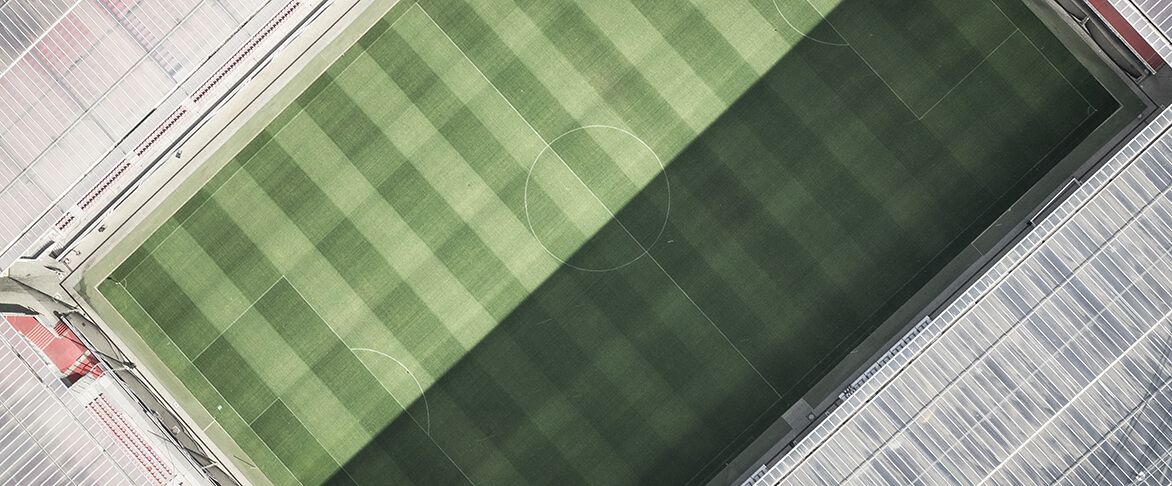Why football professionals rely on brain training
Footballers also need to train their brains
According to a recent study by neuroscientists, the key to a professional soccer player's performance lies in the speed of their working memory. Dr. Daniel Bishop of Brunel University in London analyzed the activation patterns in the brains of professional soccer players and amateur players using magnetic resonance imaging (MRI) while the players completed video-based tasks. The result: Professional players are characterized by outstanding physiques paired with exceptional mental activation patterns. Experienced soccer players assess events on the field more quickly and accurately. This distinguishes them from amateurs and benefits their successful tackling, passing accuracy, and goal-scoring ability.
The challenges on the football pitch are diverse. Each team fights for possession of the ball and, especially in their own penalty area, tries to prevent moves by the opposing strikers. Players must simultaneously fend off attacks, keep an eye on defenders and teammates, and correctly assess the angle to the goal. This targeted and precise action is made possible by a central component of working memory, the so-called executive control function.
Brain training can improve football players’ performance
Sports and neuroscientist Dr. Sabine Kubesch of the Institut Bildung plus (Institute for Education Plus) in Heidelberg is convinced that targeted training of these executive brain functions increases a player's ability to react quickly under pressure and leads to more effective decisions. Jürgen Klopp, coach of Bundesliga club Borussia Dortmund, was the first to implement this approach: Brain trainer Horst Lutz is helping BVB meet the high demands of modern football.
Perception + Brain Training + Movement = More Performance
The scientist uses this formula to train the BVB players' brains. This training, called "Life Kinetics," stimulates the brain through unusual coordination, cognitive, and visual tasks. This forces the brain to form new synapses, making it more efficient. Of course, this doesn't happen overnight. The effects become apparent after six to eight months. Klopp has been working with Lutz for two years. "This is one of the most exciting things I've discovered about my job in recent years," says Klopp. The brain training leads to "improvement in the details and then a big impact."
At the moment, no team is switching as quickly as BVB and so other clubs have already adopted the brain training concept, such as SC Freiburg, Hoffenheim and Nuremberg.
Sources:
Bishop DT, Wright MJ, Jackson RC, Abernethy B.: Neural bases for anticipation skill in soccer: an FMRI study. J Sport Exerc Psychol. 2013 Feb;35(1):98-109.
http://www.neuronation.de/de/science/wieso-auch-fu%C3%9Fball-profis-auf-gehirntraining-setzen
http://www.derwesten.de/sport/fussball/bvb/bvb-mit-gehirntraining-an-die-spitze-id3963986.html
http://www.lifekinetik.de/















